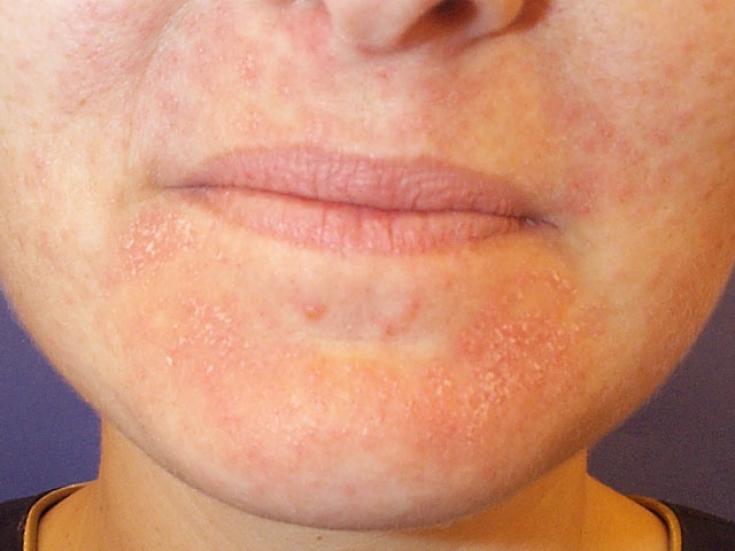Acne treatment — a global issue that worries many dermatologists. For the treatment of this disease, an integrated approach is important, since acne can be caused by problems of the endocrine, digestive and nervous systems. Modern effective drugs to combat acne — These are retinoids. These drugs affect the pathogenetic mechanisms of acne. But, despite the high effectiveness of these drugs, the side effects of retinoids are quite a serious problem that requires special attention. On estet-portal.com you can learn more about this issue.
Side effects of retinoids and methods of their correction
Retinoids have taken a strong position in acne treatment regimens. These drugs contribute to the normalization of cell division processes, slow down the proliferation of the epithelium sebaceous glands and the formation of detritus. As a result — the formation of sebum is reduced, its evacuation is improved. Also, retinoids can have anti-inflammatory and immunomodulatory effects. But the use of these drugs is fraught with serious side effects, among which the most significant are embryotoxic and teratogenic. local and systemic side effects of retinoids;
• ways to control the side effects of retinoids;
•& treating the main side effects of retinoids.
Local and systemic side effects of retinoids
Retinoids of local action often have a negative effect on the skin. These drugs actively influence the processes of epithelial proliferation, and therefore, even with a slight excess of the dose, such lesions occur as:
cheilitis
The most dangerous side effect of retinoids, especially in the summer — is the photosensitivity, which provokes pigmentation of sensitive areas of the skin.
The negative effects of retinoids are not limited to local changes. Systemic lesions include:• reproductive system, namely — embryotoxicity;
• digestive systems (functional dyspepsia);• nervous system (emotional lability, headaches);• of the blood system (increased plasma triglyceride levels, which leads to the development of atherosclerosis).
Due to these side effects, retinoids should be prescribed carefully, under the control of laboratory parameters and the patient's condition.
 To avoid negative effects on the fetus, retinoid treatment can be supplemented with hormonal contraception, which usually continues even after the drug is discontinued. For some retinoids, this period is about two years, for other, more modern drugs — few weeks. To make manifestations of local side effects, such as peeling and flushing, less pronounced — it is necessary to avoid contact with the sun, do not use keratolytic agents, and also abandon traumatic cosmetic procedures. Also, during treatment with retinoids, monitoring of such blood parameters as the level of triglycerides and the activity of liver enzymes is mandatory. It is recommended to check these data one month after the course of treatment, and every three months thereafter.
To avoid negative effects on the fetus, retinoid treatment can be supplemented with hormonal contraception, which usually continues even after the drug is discontinued. For some retinoids, this period is about two years, for other, more modern drugs — few weeks. To make manifestations of local side effects, such as peeling and flushing, less pronounced — it is necessary to avoid contact with the sun, do not use keratolytic agents, and also abandon traumatic cosmetic procedures. Also, during treatment with retinoids, monitoring of such blood parameters as the level of triglycerides and the activity of liver enzymes is mandatory. It is recommended to check these data one month after the course of treatment, and every three months thereafter.
Many patients experience a side effect of retinoids in the first week of use, such as facial dermatitis, which is characterized by redness, itching and flaking. This is the result of thinning of the skin, which becomes dry and sensitive, and therefore requires additional protection and care.
After retinoid therapy, the skin is easily injured, so it is advisable to limit its cleansing with products containing abrasive particles, and give preference to micellar water.
Subsequently, the skin adapts to the irritating action of retinoids, and the side effects disappear within a few days. If there is no positive dynamics, you can reduce the volume and number of applications of the drug. Corticosteroids are also given in a short course.









Add a comment